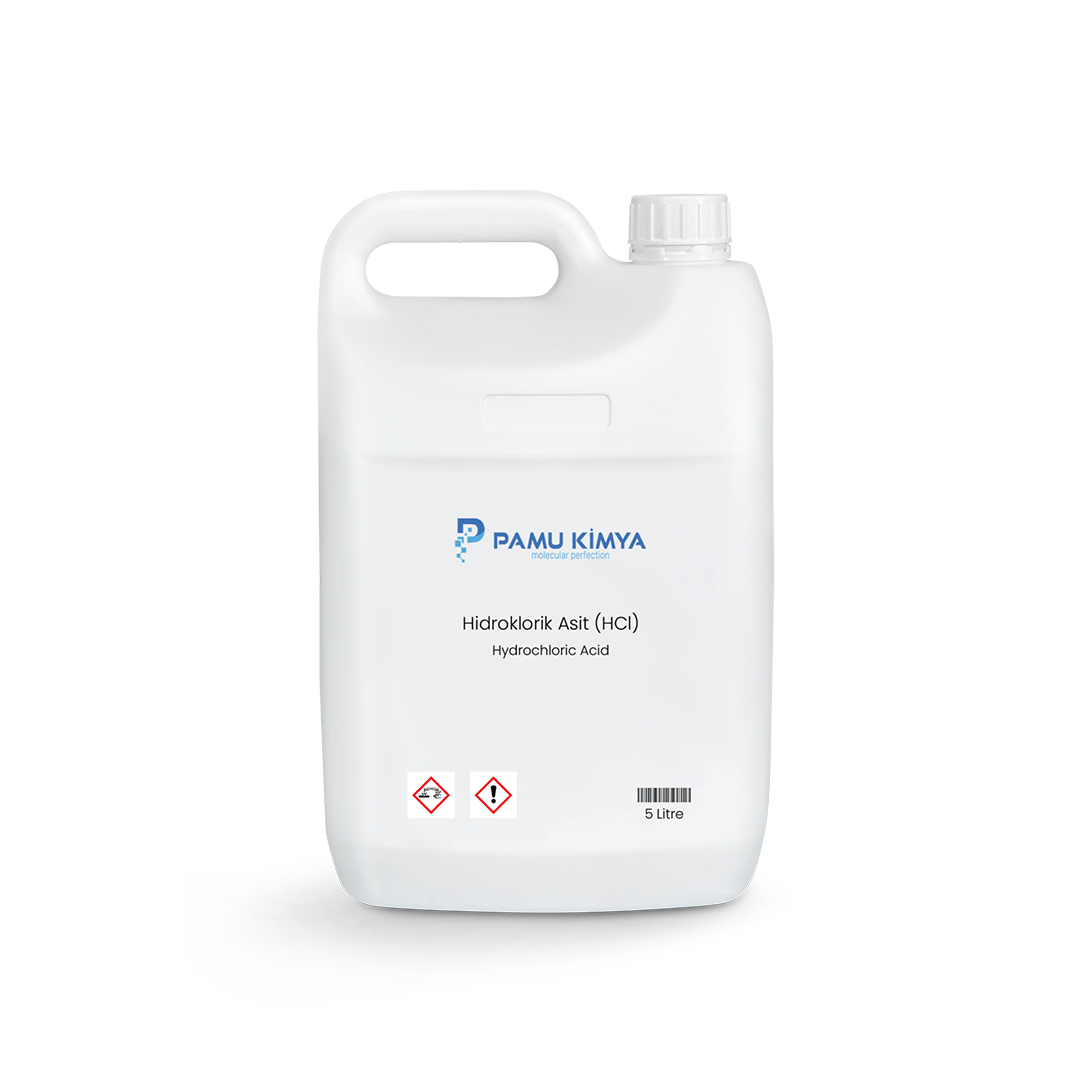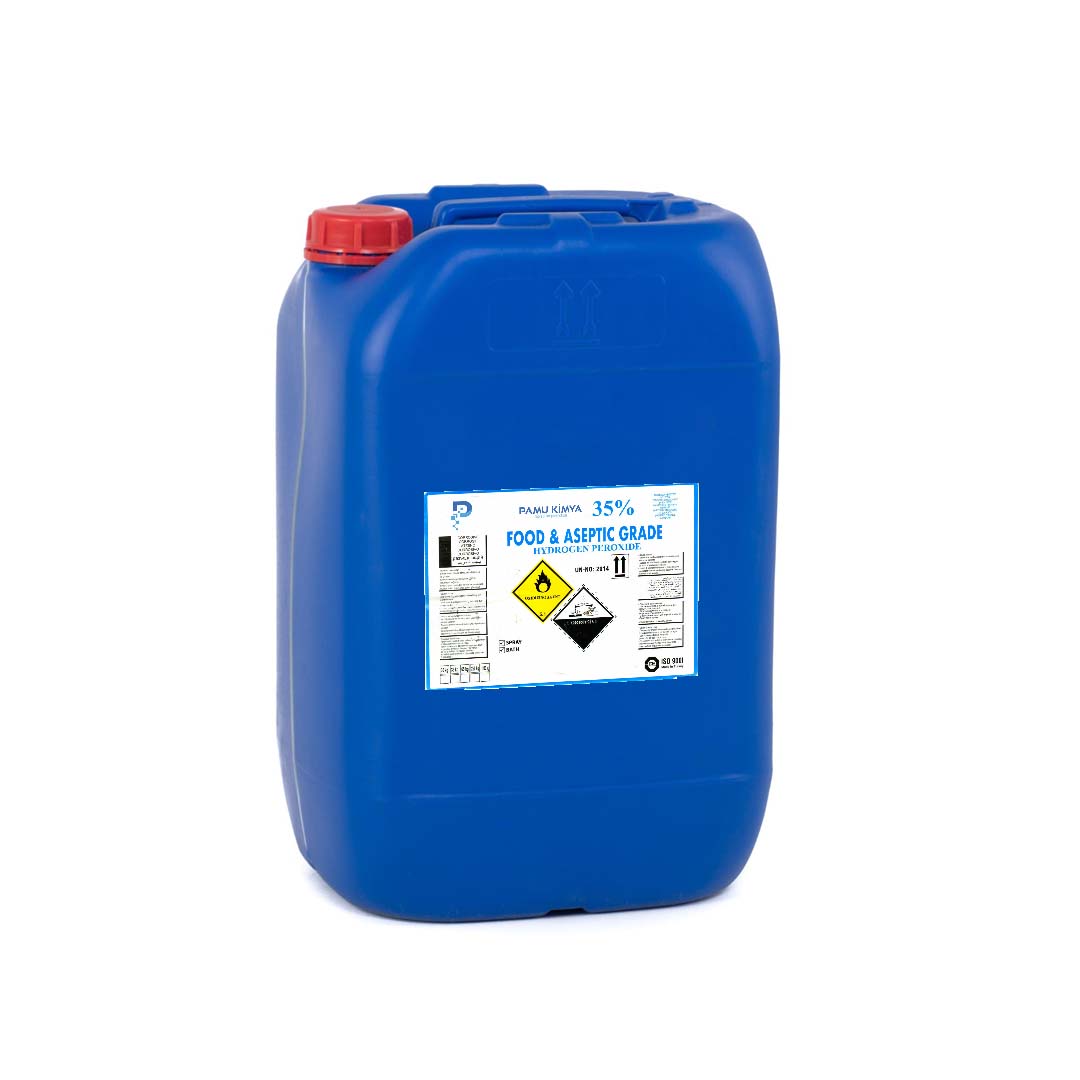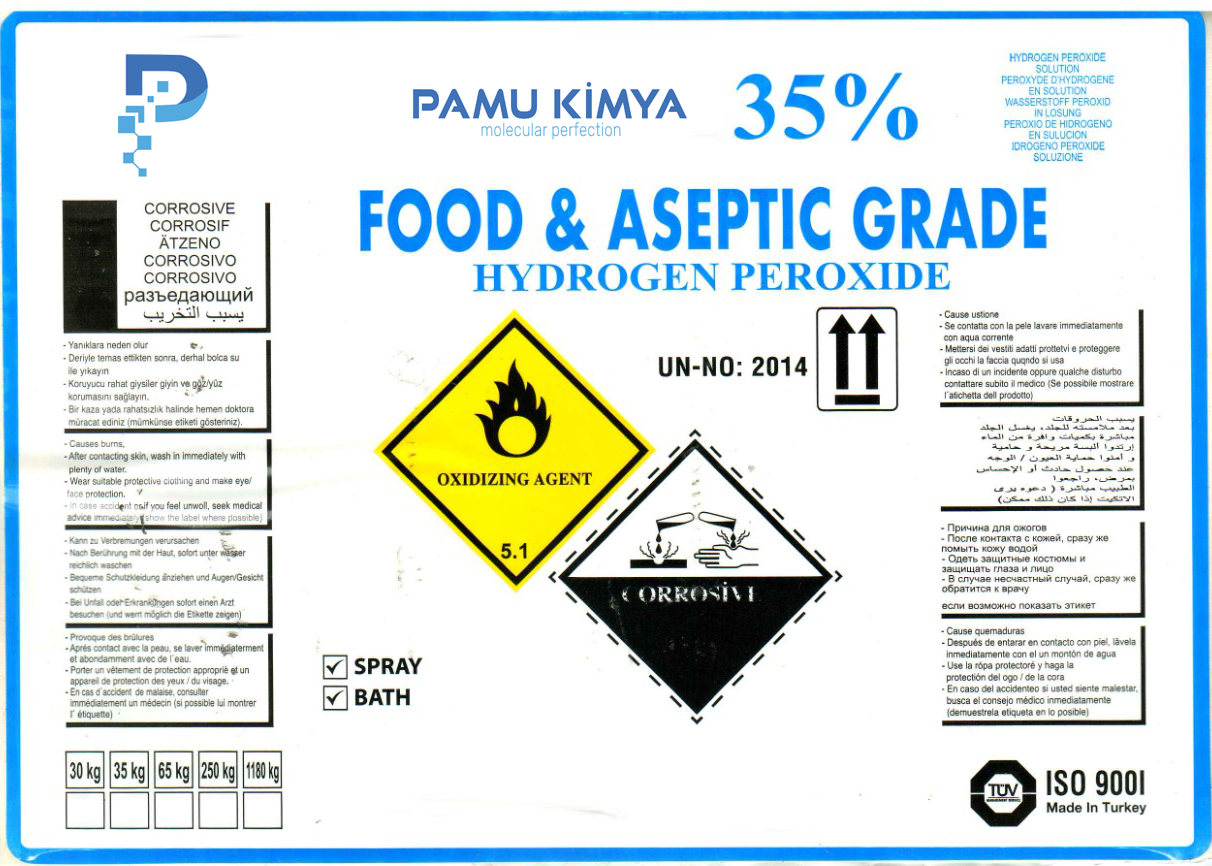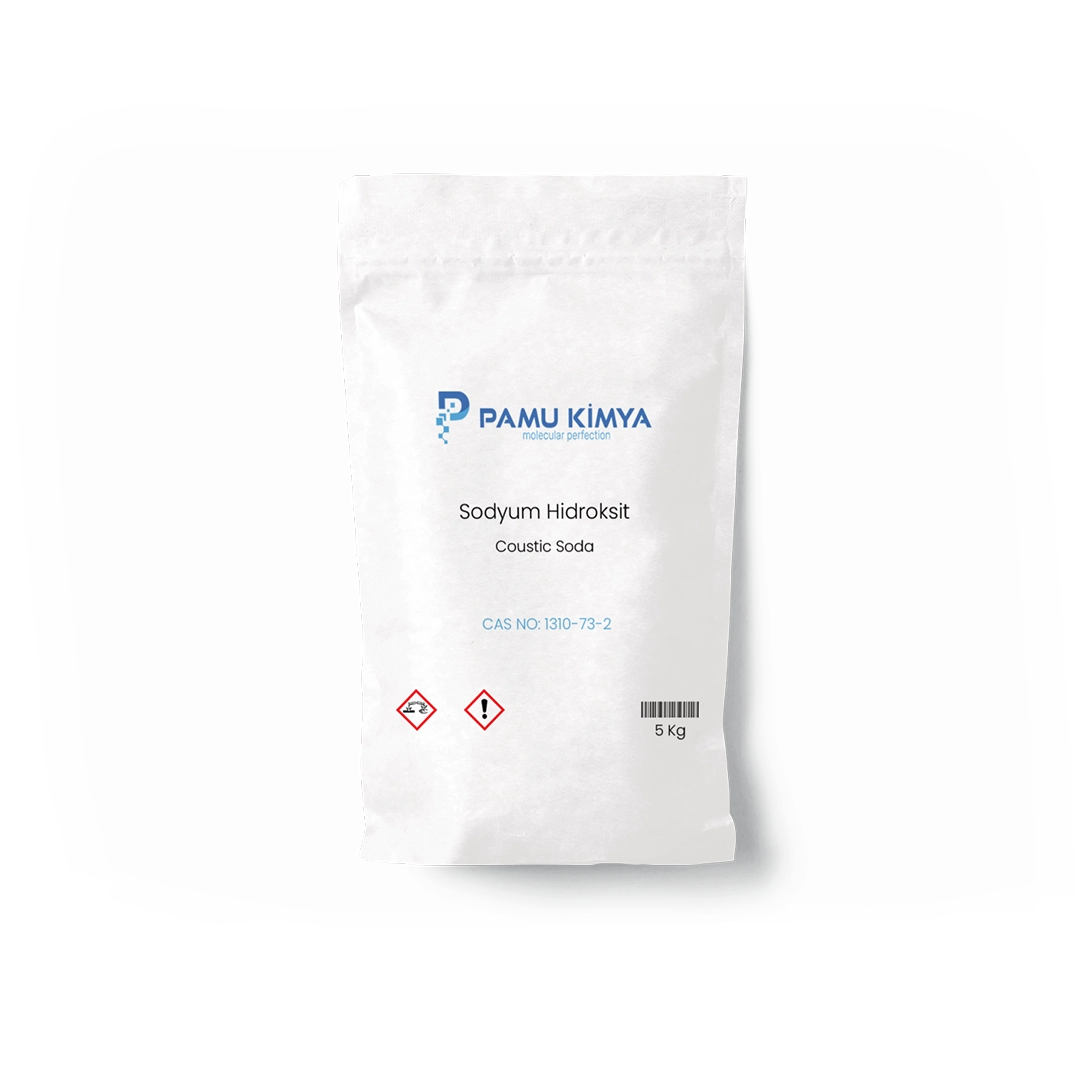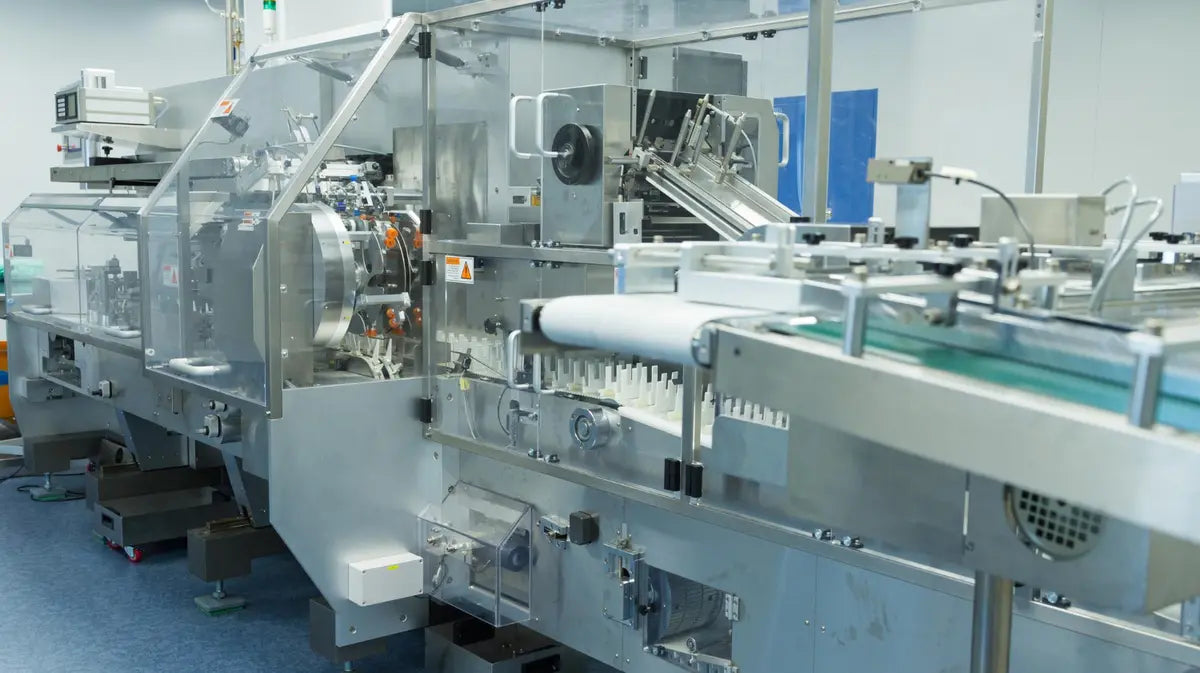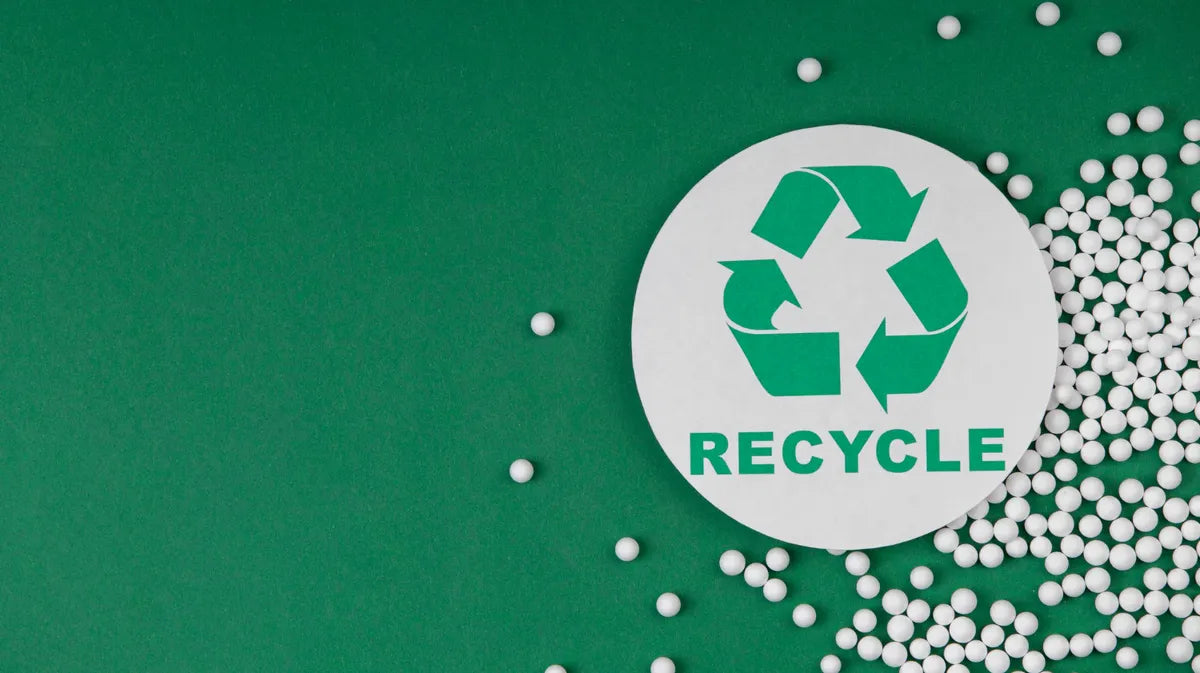
Waste and Recycling
Waste Management and Recycling Solutions in the Chemical Industry
The chemical industry is an essential part of modern life. However, chemical waste generated during production processes poses significant risks to both the environment and human health. Therefore, proper waste management and recycling strategies for chemical companies are crucial for sustainable production and regulatory compliance.
In this article, waste management, recycling methods and sustainable practices in the chemical industry will be discussed in detail.
1. Why is Waste Management Important?
When chemical waste is released into nature in an uncontrolled manner, it creates the following risks:
-
Water and soil pollution: Heavy metals and toxic chemicals can contaminate drinking water supplies.
-
Air pollution: Some chemical wastes can evaporate and form toxic gases.
-
Human health risks: Exposure to chemicals through skin, inhalation or ingestion can cause serious health problems.
In addition, waste management is a legal obligation and compliance with national and international regulations is mandatory for companies.
2. Types of Chemical Waste
The main types of waste generated in the chemical industry are:
-
Hazardous waste: Acidic, basic, toxic and reactive chemicals
-
Solvent waste: Organic solvents, dyes and resins
-
Wastes containing heavy metals: Elements such as lead, cadmium, chromium
-
Packaging and by-product waste: Used cans, packaging materials
Each type of waste requires separate storage, processing and disposal procedures .
3. Methods Used in Waste Management
Many methods are used in the management of chemical waste:
a) Physical Methods
-
Filtration and sedimentation: Separation of solid particles from liquid
-
Centrifugation: Separation of components by density difference
b) Chemical Methods
-
Neutralization: Making acidic or basic wastes safe by pH balancing
-
Oxidation and reduction: Transforming toxic chemicals into less harmful forms
c) Biological Methods
-
Decomposition by microorganisms: Biological destruction of waste by natural means
-
It is especially common in organic waste and food/cosmetic industry waste.
4. Recycling and Reuse
The chemical industry not only disposes of waste, but most waste can be recycled or reprocessed :
-
Solvent recovery: Used solvents are purified again and used in production.
-
Recycling of metals: Heavy metals can be reused in industrial production with appropriate processes.
-
Energy production from waste: Some waste can be used in the production of biodiesel or alternative energy.
These methods both protect the environment and reduce production costs.
5. Successful Applications in Industry
There are many regulations for the chemical industry in the European Union and Türkiye:
-
The Waste Management Directive in the EU mandates the reduction, recovery and safe disposal of waste.
-
Environmental Law and Regulations in Turkey: Determines the conditions for control, labeling and licensed disposal of chemical waste.
A successful waste management system provides companies with legal compliance, brand reliability and operational efficiency .
6. Its Importance in Terms of Sustainability
Waste management is not only a legal obligation; it is also a sustainable production strategy :
-
Reduces carbon footprint: Recycling waste saves energy.
-
Increases resource efficiency: Allows for the reuse of raw materials.
-
Corporate social responsibility: Environmentally friendly practices increase brand value.
Sustainability both protects the environment and provides long-term profits to businesses.
7. Conclusion
In the chemical industry, waste management and recycling solutions are of critical importance not only for the environment and human health, but also for legal compliance and economic efficiency .
By optimizing their waste management processes, companies can both ensure sustainable production and gain prestige in the sector.



